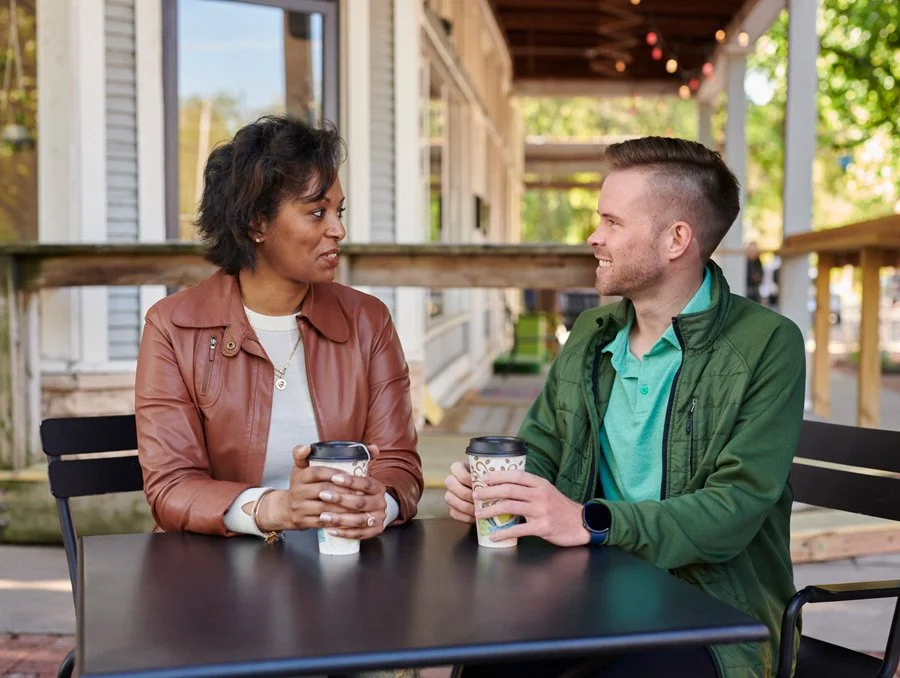Training & Collaboration
My Method
I train Communications & Programs teams to lead ethical storytelling initiatives — then collaborate with you to bring them to life.
I've refined my methodology by leading storytelling facilitation trainings at every scale — day-long community workshops, multi-week professional series, and year-long capacity-building programs for professional radio journalists. Now, I offer customized organizational trainings, as well as public workshop series at partner institutions like the Salt Institute for Documentary Studies.
The Approach: I provide hands-on, collaborative training in ethical storytelling practices tailored to your cross-functional priorities, with actionable resources that build on your team's existing skills. Then, I provide ongoing consulting support in the areas where you need it most — whether that's editorial, outreach, strategy, or implementation.
Why it Delivers: A tailored approach ensures we work in alignment with key priorities while supporting the work ethically — empowering storytellers and staff alike. Storytelling considerations look different in different communities. Collaboration brings your team's diverse skills and perspectives into the process, building the cross-functional understanding needed for long-term success. By blending flexibility and actionability, I ensure your team can get started efficiently AND go the distance, leading meaningful initiatives that deepen relationships and compel audiences for years to come.
See this methodology in action in the case studies below.
Real-World Results: Training Program Success Stories
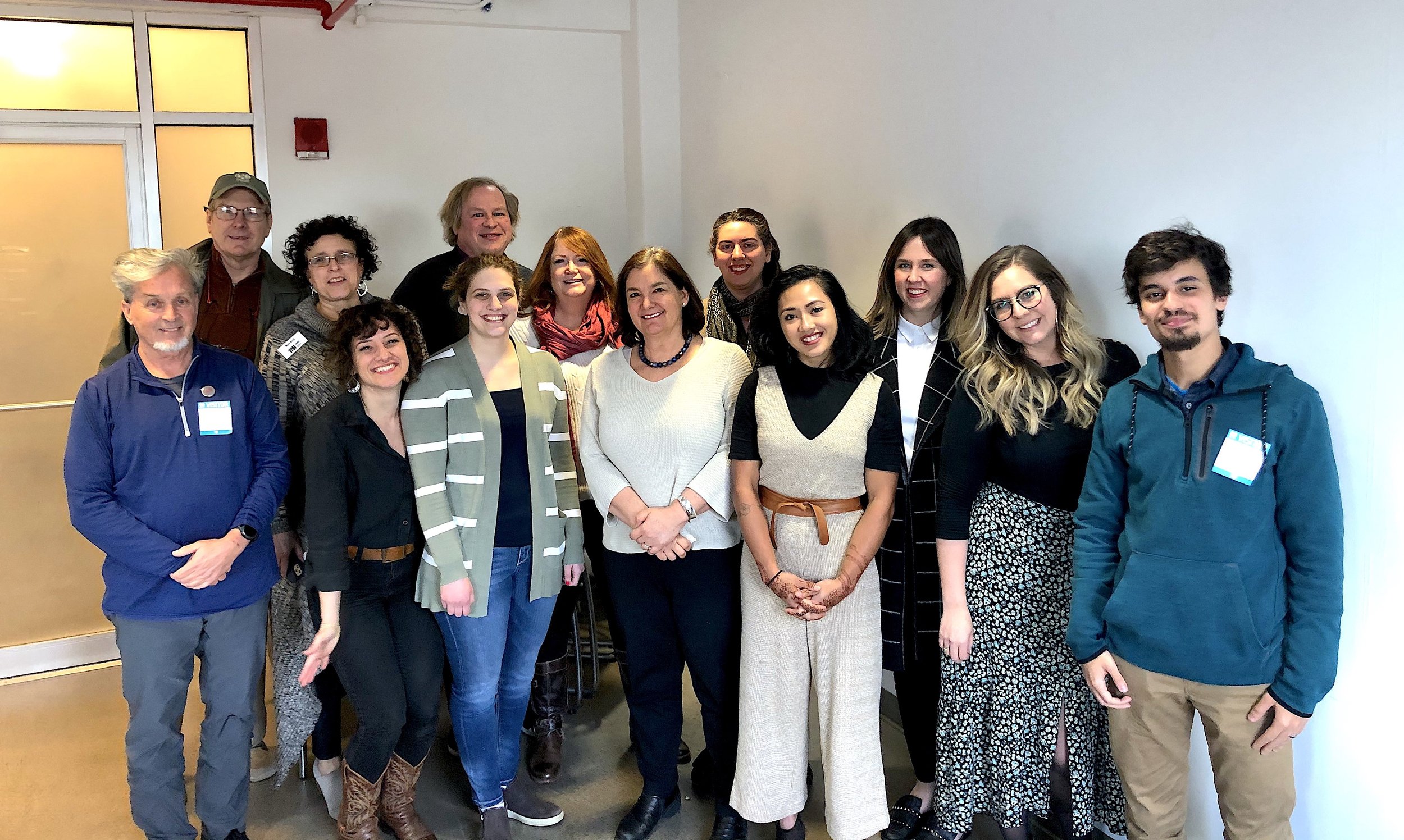
One Small Step Radio Station Hubs Training | Brooklyn, NY (2020)
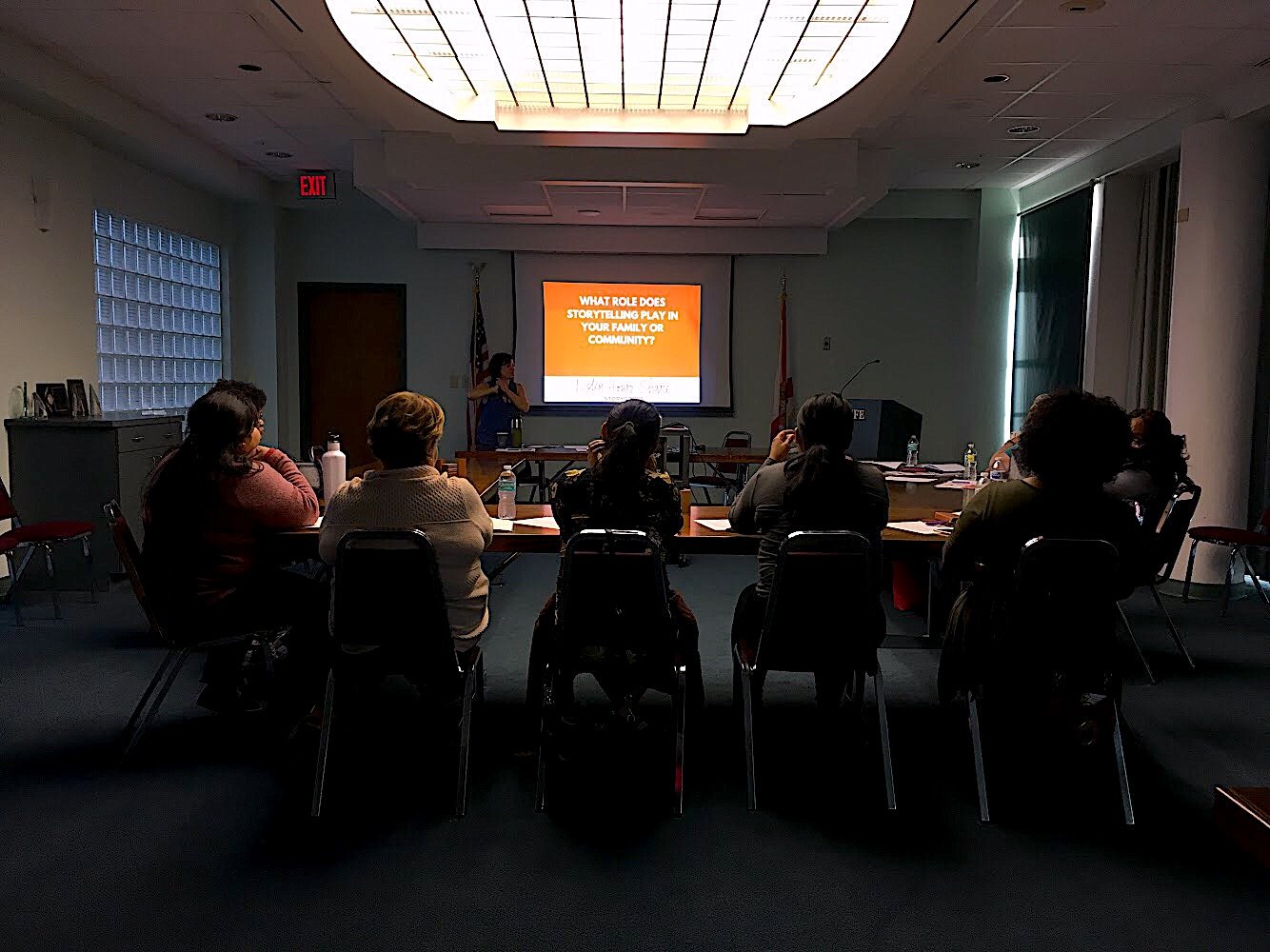
Story Project Workshop | Orlando, FL (2019)

Story Project Workshop | Chattanooga, TN (2019)
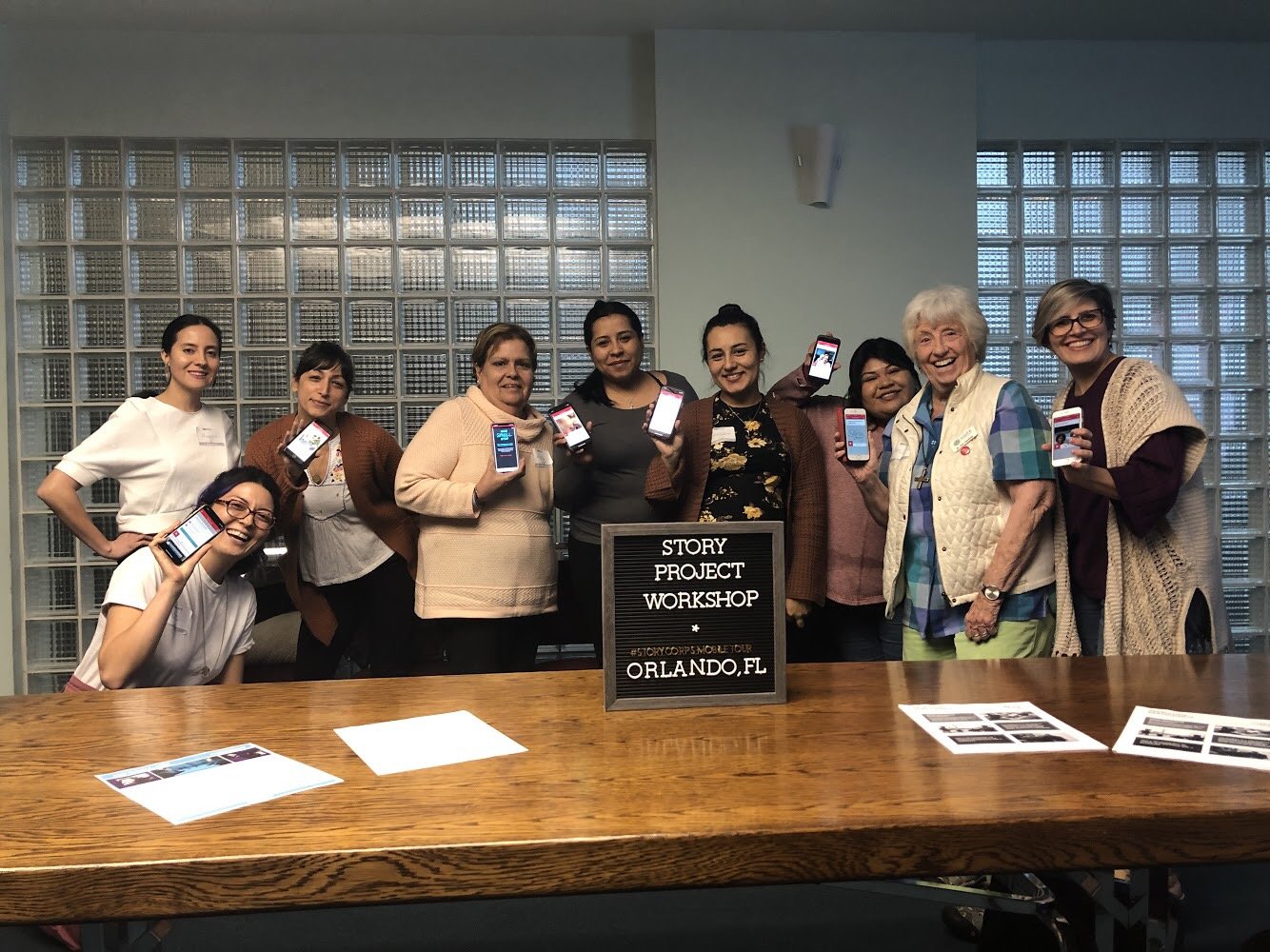
Story Project Workshop | Orlando, FL (2019)

Onsite Training @ KMUW, One Small Step Station Partner | Wichita, KS (2020)

Onsite Training @ KUNR, One Small Step Station Partner | Reno, NV (2021)

Onsite Training @ KUNR, One Small Step Station Partner | Reno, NV (2021)

Onsite Training @ KVPR (formerly Valley Public), One Small Step Station Partner | Fresno, CA (2021)

Onsite Training @ KVPR (formerly Valley Public), One Small Step Station Partner | Fresno, CA (2021)
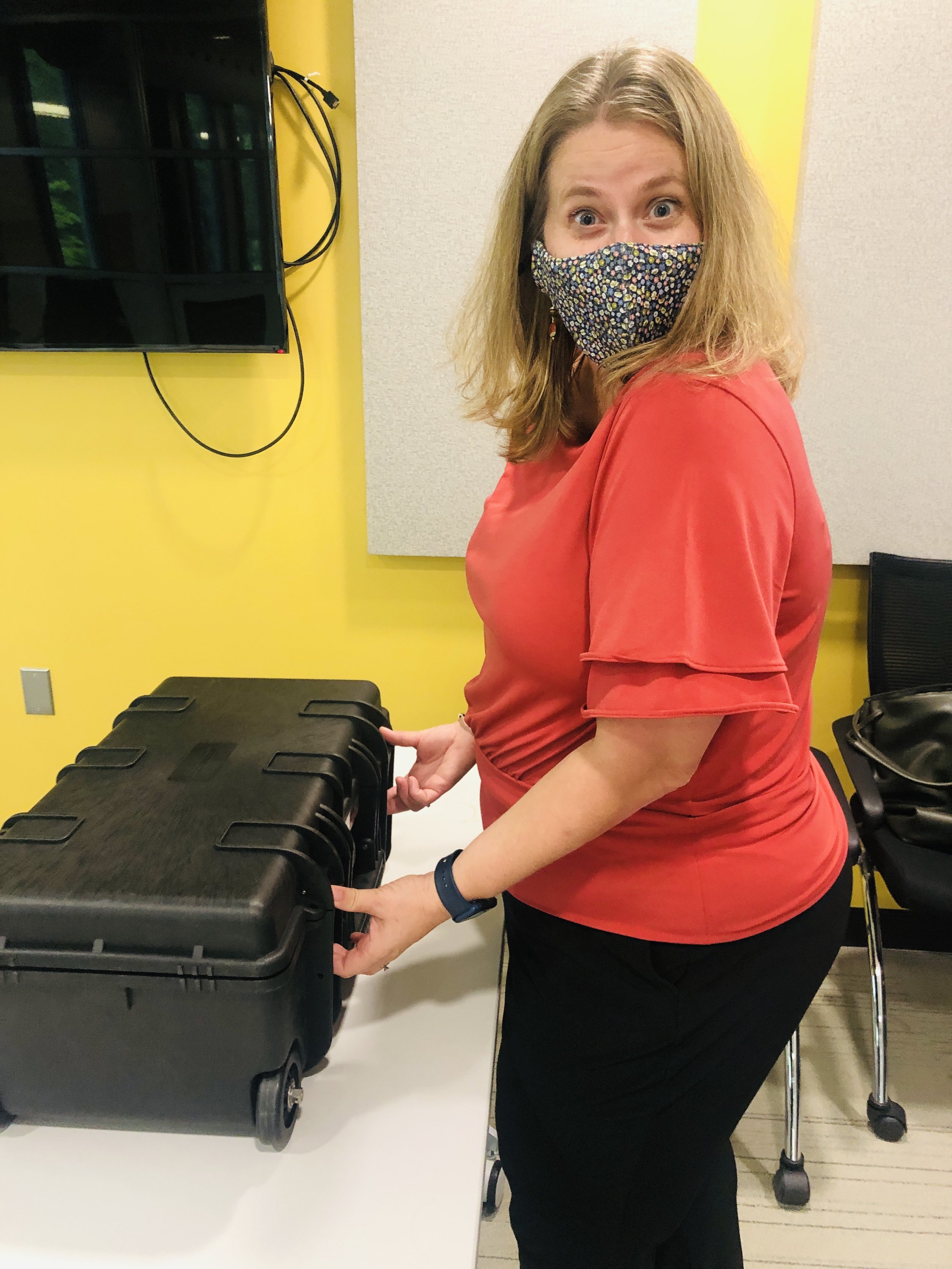
Onsite Training @ Vermont Public, One Small Step Station Partner | Colchester, VT (2021)

Onsite Training @ Vermont Public, One Small Step Station Partner | Colchester, VT (2021)

Onsite Training @ Alaska Public Media, One Small Step Station Partner | Anchorage, AK (2021)

Onsite Training @ High Plains Public Radio, One Small Step Station Partner | Garden City, KS (2021)

Onsite Training @ KOSU, One Small Step Station Partner | Oklahoma City, OK (2021)

Onsite Training @ KOSU, One Small Step Station Partner | Oklahoma City, OK (2021)

